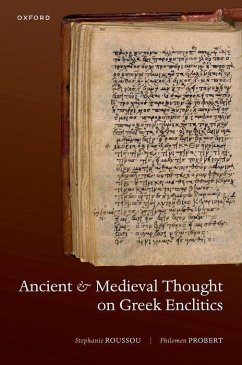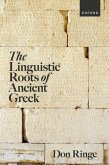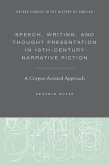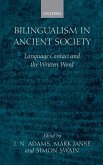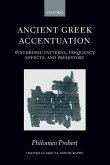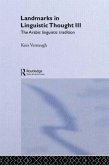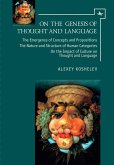This book examines ancient and medieval thought on Greek enclitics and explores challenging questions about the facts of the language itself. The authors provide new critical editions of the most extensive surviving texts, along with translations into English, and ultimately shed new light on how sequences of enclitics were accented in antiquity.
Hinweis: Dieser Artikel kann nur an eine deutsche Lieferadresse ausgeliefert werden.
Hinweis: Dieser Artikel kann nur an eine deutsche Lieferadresse ausgeliefert werden.

